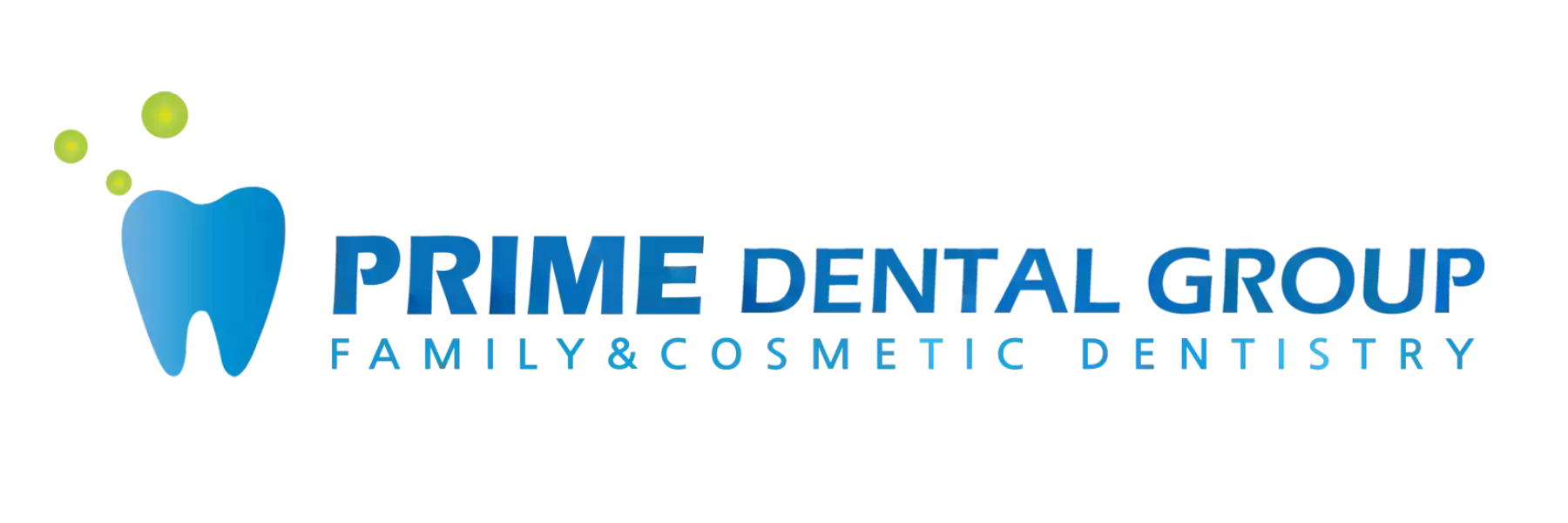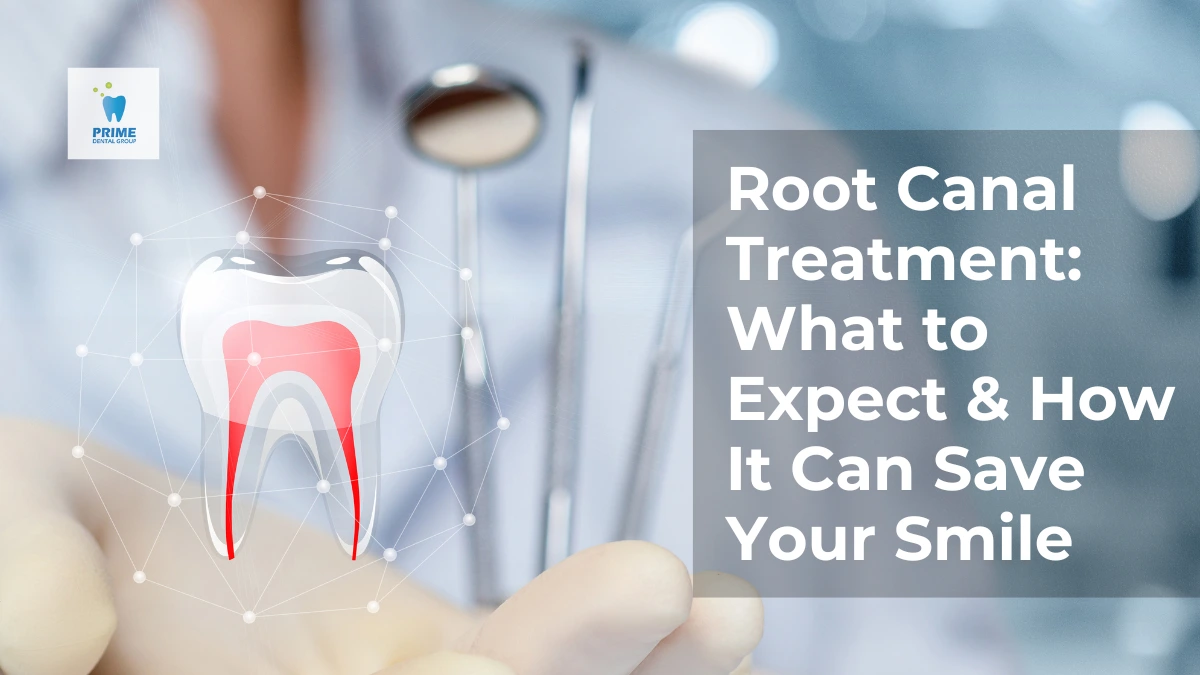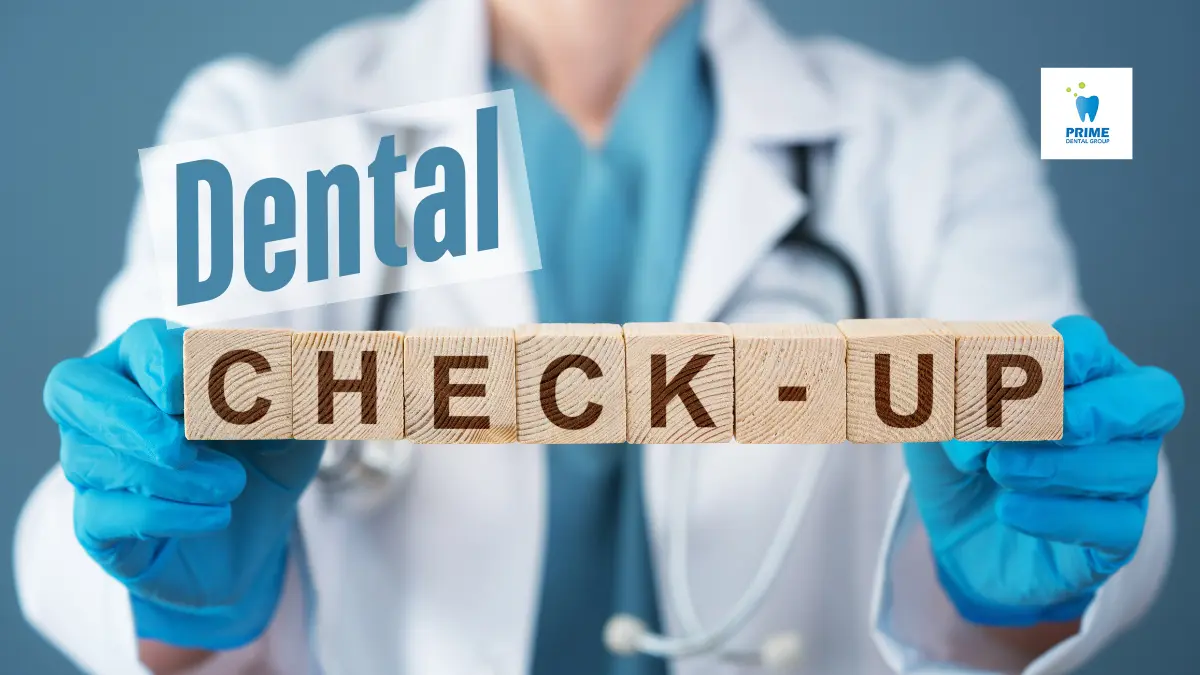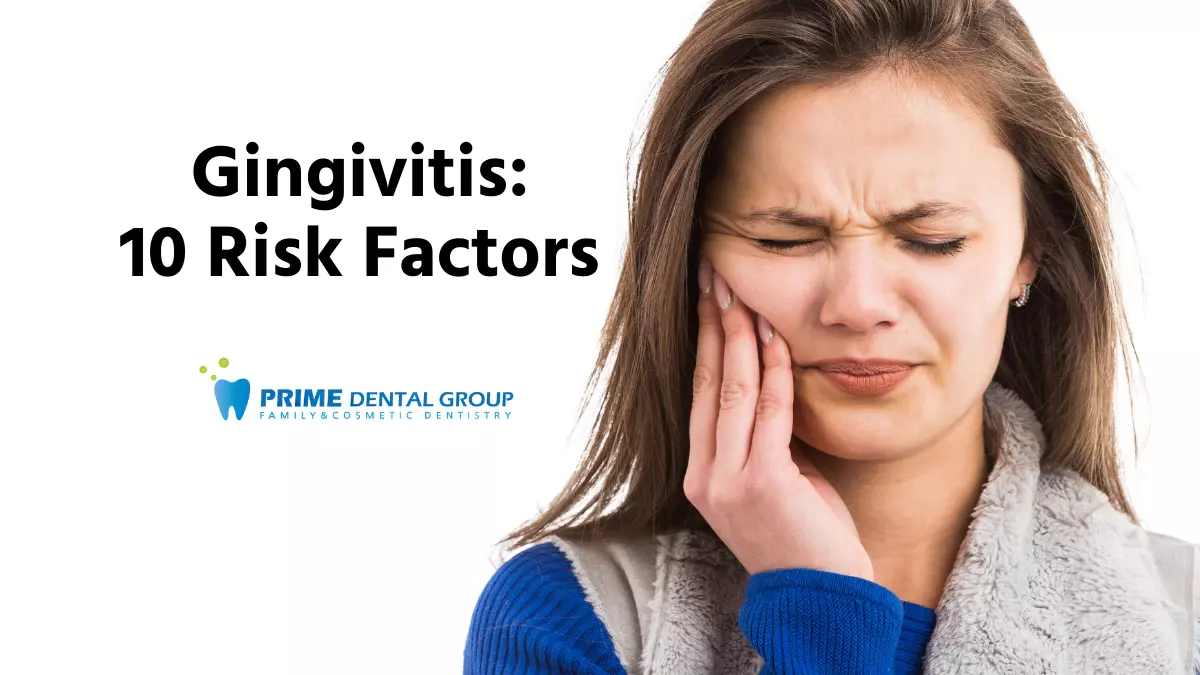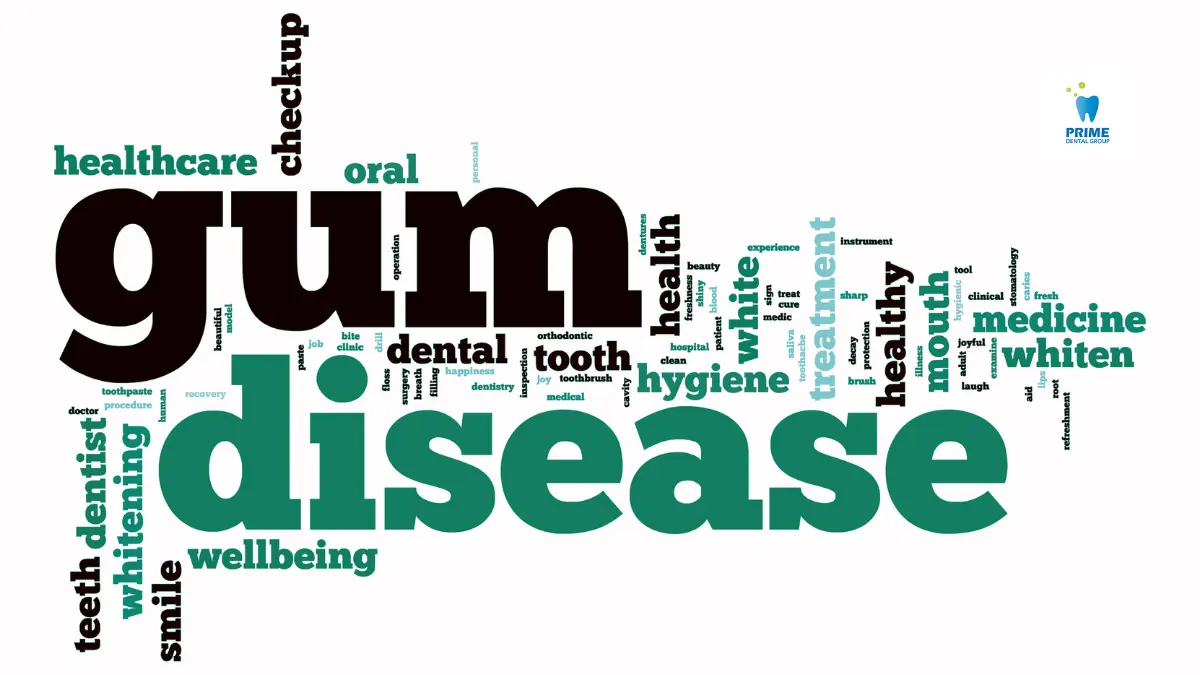Is It Safe to Use Charcoal Toothpaste? Experts Weigh In
Charcoal toothpaste is now popular in oral care, claiming to remove toxins and whiten teeth naturally. But, dental experts are divided on its safety and effectiveness. It’s important for us to know the truth about charcoal toothpaste.
Charcoal-based dental products are on the rise. We need to look at their risks and benefits. We’ll explore charcoal toothpaste, debunk myths, and find out what experts say about it.
When using charcoal toothpaste, we must think about its effects on our teeth and gums. Issues like enamel erosion, sensitivity, and gum disease are concerns. It’s key to follow evidence-based advice and stay updated on dental research.
Key Takeaways
- Charcoal toothpaste is popular, but dental experts have mixed opinions on its safety and effectiveness.
- Activated charcoal can be harsh and harm tooth enamel, causing sensitivity and increasing cavity risk.
- Regular brushing with fluoride toothpaste and flossing are essential for good oral health and looks.
- Getting advice from dental professionals is vital, as they can tailor care to your specific needs.
- It’s important to follow evidence-based practices and stay informed about safe oral products and whitening options.
- Dental organizations don’t approve charcoal toothpaste, showing a lack of solid research on its safety and effectiveness.
- Charcoal toothpaste might not be good for kids because it’s too abrasive and can harm their developing teeth.
Understanding Charcoal Toothpaste: A Modern Dental Trend
In recent years, charcoal toothpaste has become very popular. It’s seen as the best toothpaste for teeth whitening. This shows more people want non-toxic oral care products and natural options.
What is Activated Charcoal?
Activated charcoal is a type of carbon. It’s processed to have lots of small pores. This makes it very good at absorbing things.
It’s been used for a long time, even in ancient times. It’s great for cleaning because it can soak up a lot.
The Rise of Charcoal in Oral Care
The dental world has started using activated charcoal. They put it in toothpaste and other products. These products claim to whiten and detoxify teeth.
Charcoal toothpaste can remove stains and improve oral health. But, its quick rise makes people wonder if it’s really safe and effective.
Marketing Claims vs. Reality
Companies say charcoal toothpaste is better for whitening without harming teeth. Most charcoal toothbrushes have soft bristles to protect enamel.
Charcoal does have antibacterial properties. But, it’s not a replacement for fluoride toothpaste. Fluoride is key for preventing cavities.
| Aspect | Charcoal Toothpaste | Traditional Toothpaste |
|---|---|---|
| Whitening Effect | Removes surface stains | Includes bleaching agents like peroxide |
| Abrasiveness | Soft, gentle on enamel | Varies, some high RDA levels |
| Antibacterial Properties | Limited antibacterial action | Contains fluoride and other agents |
| Safety | Not a fluoride substitute | Proven cavity prevention |
The Science Behind Charcoal Toothpaste
Activated charcoal is now a big part of oral care products. It’s at the center of new dental whitening trends. But, there’s not much science backing its long-term safety and effectiveness.
Most activated charcoal toothpastes don’t have enough fluoride. The American Dental Association says fluoride is key for strong teeth and preventing cavities. They recommend 1350 to 1500 parts per million (ppm) in toothpaste.
Charcoal toothpastes are also very abrasive. The ADA warns this can wear down tooth enamel. This can cause sensitivity and other dental problems. There aren’t enough studies to prove charcoal’s benefits in whitening teeth.
Even so, charcoal can remove stains from coffee, wine, smoking, and some foods. This makes teeth look whiter. But, using it too much can damage enamel, showing the yellow dentin underneath.

| Feature | Charcoal Toothpaste | Traditional ADA-Approved Toothpaste |
|---|---|---|
| Fluoride Content | Typically lacks adequate fluoride (1350-1500 ppm) | Contains optimal fluoride levels for dental protection |
| Abrasiveness | Highly abrasive, risk of enamel erosion | Formulated to balance cleaning with enamel safety |
| Clinical Evidence | Limited studies supporting long-term benefits | Extensive research backing safety and efficacy |
| Whitening Effectiveness | Removes superficial stains | Effective with proven whitening agents like hydrogen peroxide |
| ADA Approval | Not typically ADA-approved | Many products carry ADA Seal of Acceptance |
Dental experts stress the need for science in oral care products. Charcoal products might whiten teeth temporarily. But, their risks show we need more research to be sure they’re safe and work well.
Potential Benefits of Charcoal Dental Products
Charcoal dental care is becoming more popular for its benefits in oral health. Knowing these benefits helps us make better choices about using it.
Stain Removal Properties
Activated charcoal is great at removing stains from teeth. Its structure adsorbs impurities and stains, making teeth look brighter. Many people use charcoal toothpaste for effective tooth whitening instead of other methods.
Natural Antibacterial Effects
Charcoal dental care products might have antibacterial properties. They can reduce bacteria in the mouth, helping to prevent bad breath and keep teeth clean. This natural method challenges dental hygiene myths about the need for chemicals.
pH Balance Benefits
Keeping the mouth’s pH balanced is key to avoiding tooth decay and gum disease. Charcoal products can neutralize acids, creating a healthier mouth environment. This helps with dental health and supports effective tooth whitening practices.

Safety Concerns and Risks
The rise in popularity of activated charcoal toothpaste has sparked worries among dentists. It’s seen as a top choice for whitening teeth, but its long-term effects need careful thought.

Charcoal’s abrasive nature is a big problem. It’s too rough for daily use. This can wear down tooth enamel, leading to sensitivity and decay.
Also, most oral hygiene products with activated charcoal don’t have fluoride. Fluoride is key for strong enamel and cavity prevention. Without it, these products could harm your teeth.
- Increased Tooth Decay: Without fluoride, teeth are less protected against cavities.
- Enamel Erosion: The abrasive quality can thin enamel, making teeth weak.
- Gum Sensitivity: Harsh ingredients can irritate gums, causing pain and swelling.
- Staining Risks: Charcoal can stain teeth, making them look yellow or brown.
| Risk | Description |
|---|---|
| Enamel Wear | Charcoal’s abrasive nature can erode tooth enamel over time. |
| Lack of Fluoride | Reduces protection against cavities and tooth decay. |
| Tooth Sensitivity | Enamel erosion leads to increased sensitivity to heat and cold. |
| Gum Irritation | Harsh ingredients may cause gum inflammation and discomfort. |
Given these risks, it’s important to look for safe teeth whitening options. Always talk to a dentist before using activated charcoal in your oral care routine.
Impact on Tooth Enamel and Gum Health
Activated charcoal toothpaste is often praised for its activated charcoal benefits. But, it’s key to know how it affects tooth enamel and gums. Misunderstandings about its safety can cause dental problems.

Abrasiveness Levels
Charcoal particles are very abrasive. This can wear down the enamel, exposing the dentin underneath. This makes teeth look more yellow and can cause tooth sensitivity.
Long-term Effects on Dental Structure
Using abrasive products often can damage enamel permanently. This weakens teeth, making them more likely to get cavities and decay. This challenges the idea of oral care myths.
Gum Sensitivity Issues
Charcoal toothpaste can irritate gum tissues, causing sensitivity and even recession. These dental care misconceptions can harm the benefits of non-toxic oral products.
Comparing Charcoal Toothpaste to Traditional Whitening Options
Choosing a teeth whitening method can be tricky. Oral health facts show that charcoal toothpaste might not work as well as traditional options. It can remove surface stains but might not be as effective.
- Efficacy: Traditional whitening products, like those the ADA approves, have more scientific proof. They often give better results over time than charcoal toothpaste, which some reviews say doesn’t whiten much.
- Safety: Charcoal toothpaste can be too rough, risking enamel erosion. On the other hand, regular toothpastes have fluoride. This helps keep enamel strong and prevents cavities, making them safer for your teeth.
- Scientific Evidence: Professional and well-known over-the-counter whitening products have lots of research backing them. This ensures they’re safe and work well in the long run. But, the long-term effects of charcoal toothpaste are not as clear.
Thinking about these points can help you choose the best oral care routine. It’s about finding a balance between looking good and keeping your teeth healthy.
Expert Recommendations for Safe Usage
Charcoal toothpaste is popular, but experts say use it carefully for good oral health. Knowing how to use it right can avoid its rough side.
Proper Application Methods
Start with a small amount, about a pea, on your toothbrush. Brush in circles for two minutes. Make sure to cover all teeth without too much pressure.
Frequency Guidelines
Use charcoal toothpaste 2 to 3 times a week, say dentists. This keeps your teeth safe and the toothpaste working well without being too harsh.
Who Should Avoid Charcoal Products
People with sensitive teeth or weak enamel should stay away. Also, kids shouldn’t use it because of the risk of swallowing the abrasive bits and the lack of fluoride.
Talking to a dentist before using charcoal toothpaste is key. They can help make sure it’s right for you and clear up any oral health misconceptions.
Debunking Common Teeth Whitening Myths
Teeth whitening is filled with dental hygiene myths that can confuse people wanting a whiter smile. It’s key to know the myths about teeth whitening to make smart choices.
- Myth: All whitening products are equally effective.
- Fact: The charcoal toothpaste truth shows not all products pass the American Dental Association (ADA) tests. Always check for the ADA seal to know if it works.
- Myth: Natural remedies like baking soda and lemon juice are safe for whitening.
- Fact: These popular items might harm your enamel if used too much. This can make your teeth more sensitive and prone to stains.
- Myth: Immediate results mean your teeth will stay white forever.
- Fact: Professional whitening gives quick results, but you need to keep up with organic dental care to keep your teeth white.
- Myth: Whitening treatments work the same on all teeth.
- Fact: Whitening products mainly work on natural enamel. They don’t do much for dental work like crowns or veneers. Always talk to a dentist first.
| Myth | Fact |
|---|---|
| All whitening products are the same | Seek ADA-approved products for tested effectiveness |
| Natural remedies are safe for whitening | Can damage enamel and cause sensitivity |
| Immediate results ensure long-term whitening | Requires ongoing organic dental care for maintenance |
| Whitening works on all teeth equally | Less effective on restorations like crowns or veneers |
By tackling these dental hygiene myths, people can find safe and effective ways to whiten their teeth. This ensures a brighter smile and better oral health.
Alternative Natural Whitening Solutions
Looking for natural teeth whitening methods? There are many options to get a brighter smile without harming your teeth. You can try professional treatments, over-the-counter products, and make lifestyle changes for the best results.
Professional Options
Dentist-provided whitening treatments are top-notch for whitening teeth. They use special bleaching agents that are safe for your teeth and gums. These treatments need several visits but give lasting results that fit your needs.
Over-the-Counter Alternatives
Whitening strips and gels from stores are good for non-toxic oral care. They’re not as strong as dentist treatments but keep your teeth looking bright with regular use.
Lifestyle Changes for Whiter Teeth
Changing your lifestyle can also help keep your teeth white. Eating less coffee, tea, and red wine can stop stains. Also, brushing and flossing regularly keeps your teeth healthy and boosts whitening efforts.
| Whitening Option | Effectiveness | Safety | Cost |
|---|---|---|---|
| Professional Treatments | High | Very Safe | High |
| Whitening Strips | Moderate | Safe when ADA-Approved | Moderate |
| Whitening Toothpaste | Low to Moderate | Safe for Daily Use | Low |
| Lifestyle Changes | Preventative | Very Safe | Low |
Conclusion: Making an Informed Decision About Charcoal Toothpaste
Choosing safe oral products is key for good dental health. Charcoal toothpaste is popular for whitening teeth, but knowing the facts is important. Charcoal can remove stains, but too much use can harm your teeth, making them sensitive and more prone to cavities.
Many reviews of charcoal toothpaste point out these pros and cons. This shows common misunderstandings in dental care.
Research on charcoal toothpaste is not yet complete. This means its long-term safety and effectiveness are not fully known. It’s vital to separate marketing claims from real oral health facts. Stick to proven oral care habits like brushing with fluoride toothpaste and visiting the dentist regularly.
Before adding charcoal products to your routine, talk to a dentist. They can give advice tailored to your dental health needs. This way, you can make smart choices for a healthier smile and avoid risks from trendy oral care products.
FAQ
Is charcoal toothpaste effective for teeth whitening?
Charcoal toothpaste works differently for everyone. Some studies say it can remove stains from teeth. But, we need more research to know if it’s better than regular whitening methods.
Are there any safety concerns with using activated charcoal in oral care products?
Yes, using charcoal toothpaste can be risky. It’s too rough and might wear down your teeth. This can make your teeth sensitive and more likely to get cavities. Always follow the instructions and talk to a dentist before using it.
Can charcoal toothpaste replace fluoride toothpaste for daily oral hygiene?
No, charcoal toothpaste doesn’t have fluoride. Fluoride is key for strong teeth and preventing cavities. Charcoal toothpaste is good for stains, but don’t skip fluoride toothpaste.
What myths surround natural teeth whitening methods like charcoal toothpaste?
Many myths exist about natural whitening. People think all natural products are safe and work well. But, things like activated charcoal can be too harsh and harm your teeth if not used right.
How does charcoal toothpaste compare to traditional whitening options in terms of safety?
Traditional whitening methods are usually safer and more proven. Charcoal can be too rough and risk damaging your teeth and gums. Clinically tested treatments are safer choices.
Who should avoid using charcoal dental products?
Stay away from charcoal products if you have sensitive teeth or weak enamel. Also, kids and people with sensitive teeth should talk to a dentist before using them.
What are the possible benefits of using charcoal toothpaste?
Charcoal toothpaste might remove stains and whiten teeth a bit. It could also have antibacterial effects. But, think about the risks to your teeth and overall health first.
Are there non-toxic oral care products that offer effective teeth whitening?
Yes, there are safer options for whitening teeth. Look for products with baking soda, hydrogen peroxide, or natural enzymes. These are gentler and safer for daily use.
What does current research say about the safety of charcoal toothpaste?
Research shows charcoal toothpaste can be risky because it’s too abrasive. It can damage your teeth and gums. While it might remove stains, more studies are needed to be sure it’s safe.
How can I maintain a bright smile with safe and effective oral care practices?
For a bright smile, use fluoride toothpaste, floss, and avoid stain-causing foods. Also, see a dentist for professional whitening when needed.
Source Links
- What to Know About Activated Charcoal Whitening – https://www.webmd.com/oral-health/what-to-know-about-activated-charcoal-whitening
- Charcoal Toothpaste: Is the Hype Real or Should I Drop It from My Oral Care Routine? – 3V Dental – https://3vdental.com/charcoal-toothpaste-is-the-hype-real-or-should-i-drop-it-from-my-oral-care-routine/
- Charcoal Teeth Whitening: Pros, Cons, And Alternatives – https://www.natrusmile.com/blogs/news/charcoal-for-teeth-whitening?srsltid=AfmBOoqMB8YxQC1R-spqqycIzQcZHvWSx2UAKOphYDuWyiIDbVtSwAWS
- 5 Common Myths About Charcoal Toothbrushes Debunked – https://brushclub.us/blogs/green-living-blog/5-common-myths-about-charcoal-toothbrushes-debunked?srsltid=AfmBOorF5jgZ_grBwMra2QWC6XUkneZyWNRKV0UQvCqgwFsEEIUClUZg
- A Critical Review of Modern Concepts for Teeth Whitening – https://pmc.ncbi.nlm.nih.gov/articles/PMC6784469/
- Is Activated Charcoal Safe For Teeth? | Dental Partners of Boston Blog – https://www.dentalpartnersofboston.com/is-activated-charcoal-safe-for-teeth/
- Charcoal Toothpaste: Benefits and Risks – https://www.news-medical.net/health/Charcoal-Toothpaste-Benefits-and-Risks.aspx
- Harmful Effects of Charcoal Toothpaste | Little Rock AR Teeth Whitening – https://www.lrfamilydentalcare.com/blog/harmful-effects-charcoal-toothpaste/
- Can Charcoal Teeth Whitening Damage Your Smile? – https://www.mpdg.com/charcoal-teeth-whitening-dangers/
- Charcoal Teeth Whitening: Pros, Cons, And Alternatives – https://www.natrusmile.com/blogs/news/charcoal-for-teeth-whitening?srsltid=AfmBOorNf4SQ3_U3HSW8s5D2fpDgm2TWICZn5kXBF7o2cR-E_e31U6LE
- Charcoal-based toothpaste comes with ‘real risks’ – https://www.news-medical.net/news/20190513/Charcoal-based-toothpaste-comes-with-real-risks.aspx
- Benefits of Using Activated Charcoal Toothpaste – https://vocal.media/blush/benefits-of-using-activated-charcoal-toothpaste
- Charcoal Toothpaste for Teeth Whitening: Does It Work? – https://www.healthline.com/health/dental-and-oral-health/charcoal-toothpaste
- Health charity explores the facts and myths of charcoal toothpaste – https://www.dentalhealth.org/news/health-charity-explores-the-facts-and-myths-of-charcoal-toothpaste
- 4 Myths About Natural Teeth Whitening | Bander Dental Group – https://www.banderdentalgroup.com/3-myths-about-natural-teeth-whitening/
- Pros and Cons of Activated Charcoal for Teeth Whitening – Lilburn Family Dentistry Lilburn Georgia – https://www.lilburnfamilydentistry.com/pros-and-cons-of-activated-charcoal-for-teeth-whitening/
- Don’t Believe These 3 Myths About Natural Teeth Whitening | Dentists – https://www.sarahpalmerdds.com/dont-believe-these-3-myths-about-natural-teeth-whitening.php
- Is Charcoal Toothpaste Good for Teeth Whitening? What You Need to Know – Whitehorse Dental – https://whitehorsedental.com.au/charcoal-toothpaste-good-for-teeth-whitening/
- Charcoal Toothpaste: 5 Must-Know Benefits and Risks – https://worldofdentistry.org/charcoal-toothpaste/
- Can Charcoal Toothpaste Whiten Teeth? Myth or Reality? – https://papedental.ca/can-charcoal-toothpaste-whiten-teeth/
- What’s the Truth Behind Popular Online Dental Myths? – https://magazine.ucsf.edu/social-media-dental-myths
- 4 Surprising Benefits of Brushing Your Teeth with Charcoal – https://www.eastridgedentalgreenbay.com/brushing-teeth-with-charcoal/
- Debunking Common Myths About Teeth Whitening – Stiles Dental Care – https://www.medfordsmiles.com/2024/10/debunking-common-myths-about-teeth-whitening/
- 7 Common Teeth Whitening Myths Debunked – https://www.winfieldfamilydentistry.com/common-teeth-whitening-myths-debunked/
- Top Teeth Whitening Myths and Facts You Need to Know – https://castrovalleydentist.dental/the-truth-behind-common-teeth-whitening-myths/
- 5 Common At-Home Teeth Whitening Myths – https://icybeardental.com/blogs/blog/5-common-at-home-teeth-whitening-myths?srsltid=AfmBOor_1LEAhgrH4BobZuK8a3dnvmMGgj6Ydo3j2Gw_3PEI_qLSKt4o
- 7 Common Teeth Whitening Myths Debunked – https://hallmarkdds.com/common-teeth-whitening-myths-debunked/
- Is Charcoal Toothpaste Safe for Your Teeth? Find Out Here – https://proglowteethwhitening.ca/is-charcoal-toothpaste-safe-for-your-teeth-find-out-here/
- Exploring the Myths and Realities of Charcoal Toothpaste: A guide by Mint Dental Siwan – Mint Dental Siwan – https://mintdentalsiwan.in/exploring-the-myths-and-realities-of-charcoal-toothpaste-a-guide-by-mint-dental-siwan/
